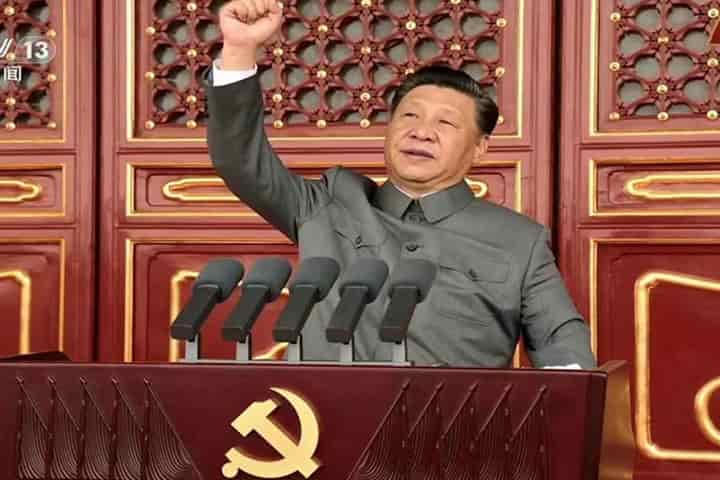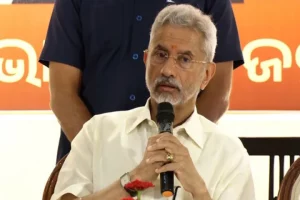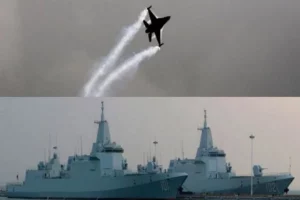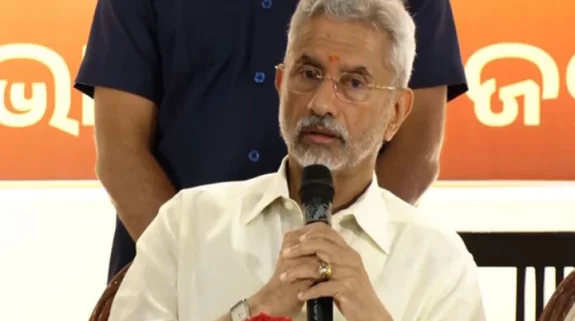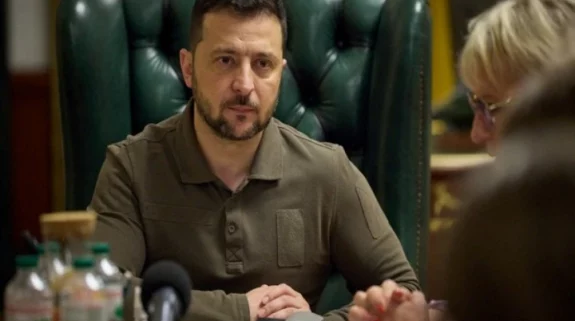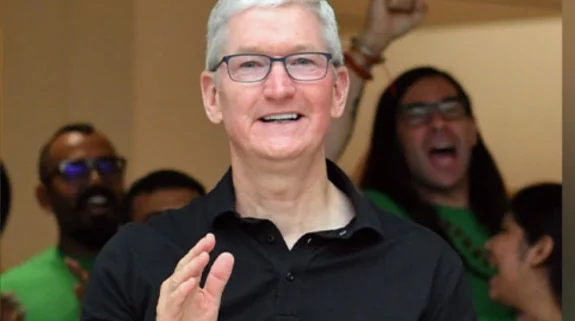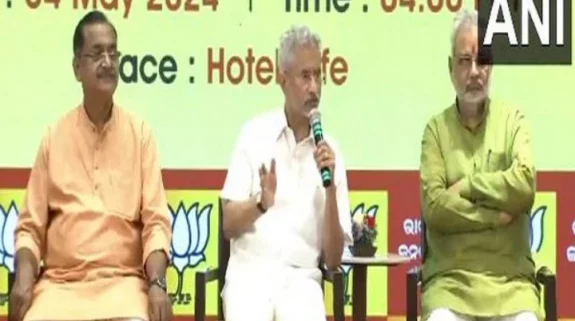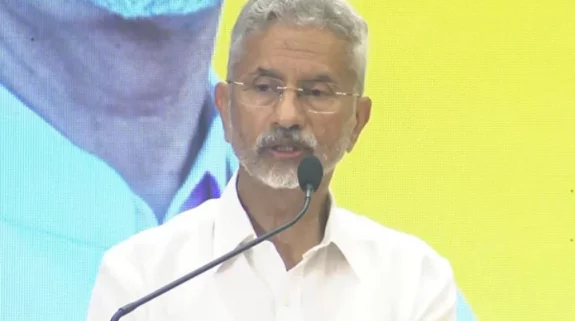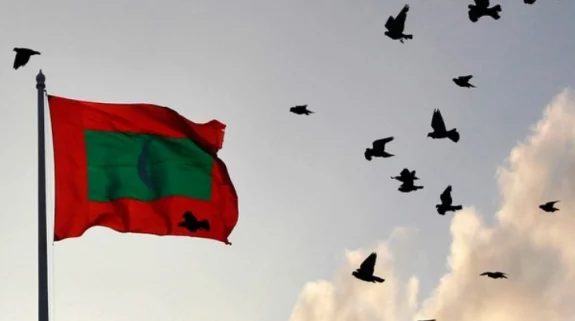Chinese President Xi Jinping has struck a bellicose note during a speech marking the 100 years of the formation of the Chinese Communist Party (CCP).
The powerful Chinese leader, who has concentrated power by positioning himself also as General Secretary of the CCP as well as the head of the Central Military Commission, which exercises control over the People’s Liberation Army (PLA), asserted during a Thursday ceremony that Beijing will turn the military into a first-rate fighting force, by accelerating its modernisation.
"We must accelerate the modernisation of national defence and the armed forces," Xi asserted. He added that "the people's military is a strong pillar for safeguarding the socialist country and preserving national dignity."
Xi’s focus on further developing the PLA’s military muscle is unlikely to go down well in the region, especially Taiwan, which is not ruling out a forcible unification of its territory with the mainland through the use of force on the watch of China’s jingoistic leadership. Chinese warplanes are repeatedly entering Taiwan’s air space—moves which Taiwanese apprehend are meant to reinforce China’s sovereignty claims over the territory.
Also Read: As China celebrates 100 years of CCP, the country's youth are spoiling the party by "lying flat"
Xi’s references to the military are also likely to evoke a strong response in the Indo-Pacific especially after China began to reinforce its claims, coupled with a show of strength by sending its fishing militia, in disputed zones of the South and East China Seas. Chinese “fishing” boats, blaring China’s maritime claims, have been making regular visits to the disputed East China Sea islands called Senkaku by Japan and Diaoyu by China. In the South China Sea, China has major maritime disputes with several ASEAN countries, including Vietnam, Malaysia, Philippines and Brunei.
Military frictions between China and Indonesia are on the rise on account of dispute over the Natuna islands, forcing Jakarta to look at bonding more closely with Indo-Pacific nations including the United States, Japan, Australia and India.
In his demeanour and speech, Xi appeared to evoke the memory of the founder of the People’s Republic of China (PRC), Mao Zedong. He appeared for Thursday morning’s address, on the rostrum of Tiananmen gate, where, 72 years ago, Mao had declared the establishment of the PRC. Xi, arguably the most powerful leader after PRC’s founder, donned a grey Mao suit, which set him apart from the rest of the senior party officials, who appeared in western attire.
In fact, in his address Xi evoked Mao’s remarks delivered from the same spot in 1949, where he said that the victory of the CCP “showed the world that the Chinese nation had stood up — the time when the Chinese people could be bullied by others was gone forever”. He added that the party continued to remain “the backbone of the nation”—remarks that reinforced China distancing from democratic political reforms.
The centenary celebrations marked the first major national event in China since Covid-19 outbreak, with the Central Chinese city of Wuhan as the epicentre of the deadly disease. The party has cited China’s success in containing the virus as an illustration of the “superiority” of its home-grown authoritarian system to western democracy.
Xi stressed that the CCP had realized the first centenary goal — building a moderately prosperous society in all respects.
The Chinese leader was referring to his address at the closing of the 19th party congress in the autumn of 2017. During that speech, the Chinese strongman gave a time-line for accomplishing “national rejuvenation”. In a marathon speech that he delivered lasting over three hours, Xi said that on July 1 ,2021, when the CCP completed its century of existence, China would emerge as a moderately prosperous society, doubling its GDP, with 2010 as the reference point.
He told a captive audience in the Great Hall of the People then that by 2049, which would mark the centenary of the formation of the PRC, China would accomplish its national rejuvenation by emerging as the world’s most advanced country in all fields of human endeavour, including science, technology, arts and culture. In between, that is by 2035, China would surpass the United States as the world’s biggest economy.






